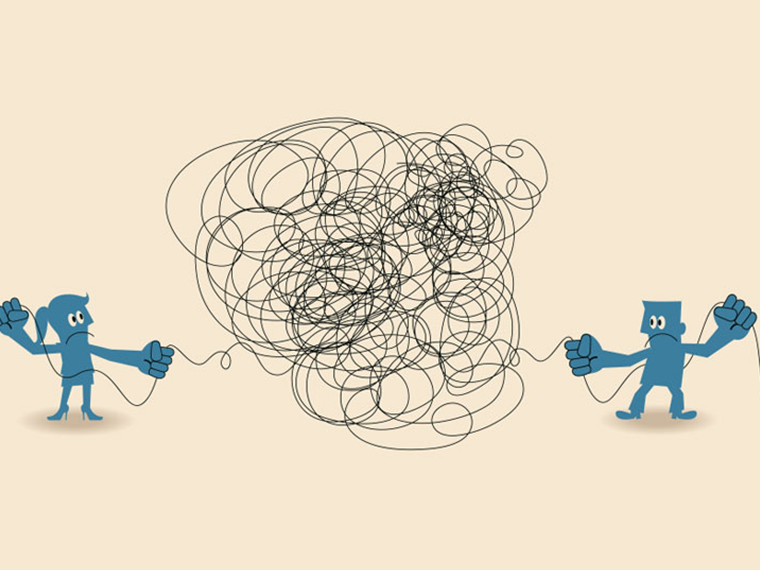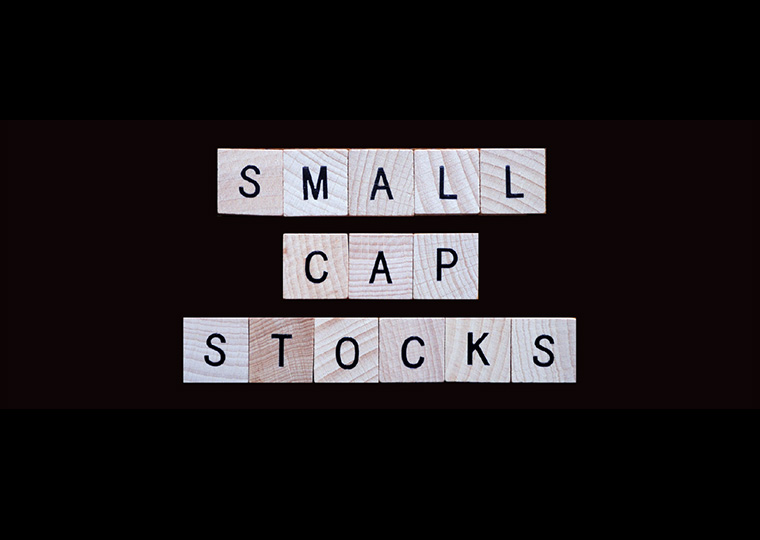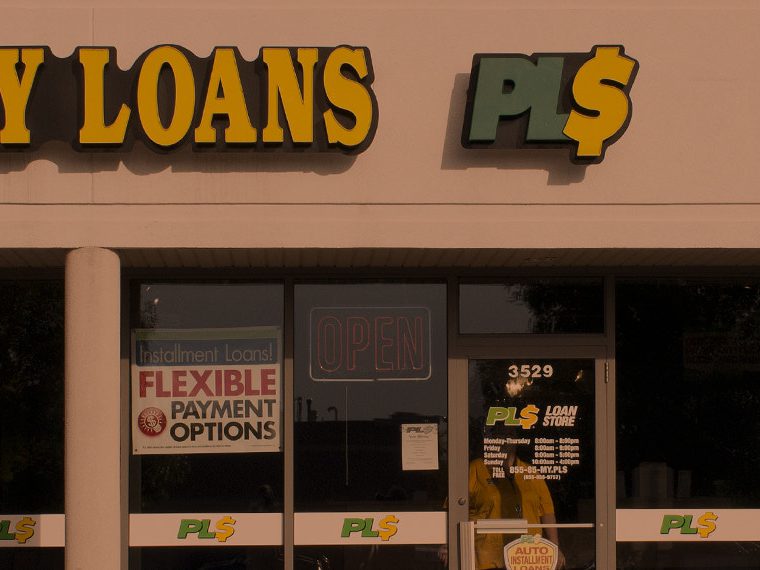A short squeeze can ripple across short sellers’ positions
Most investors have a vested interest in seeing the stock market rise, but a small subset of investors bets on stock prices going lower. This practice of short selling is so diametrically opposite to the norm that professional short sellers have been villainized throughout history. Napoleon considered short sellers “enemies of the state.” Herbert Hoover condemned them as unpatriotic. And as recently as 2017, the president of NYSE Group called short selling “icky and un-American.”
To try to support the majority’s preference for the market to rise, and to slow its inevitable declines, exchanges put the brakes on short selling to prevent it from exacerbating stock declines. When a stock falls by 10% in a day, an uptick rule is triggered and short sales can only take place at prices above the current best bid in the market. The rule is enforced for the rest of that day and all of the following day.
Why isn’t short selling simply banned? Its practitioners make valuable information public and, often, bring a dose of reality into a market that might otherwise become ridiculously buoyant, as explained in this Bloomberg Businessweek cover article.
Opt In to the Review Monthly Email Update.
Short sellers are also always required to borrow the shares they intend to short and pay fees for these stock loans. The stocks loaned to them come from investors who are going long on the stock and the fees for the loans rise when less stock is available to borrow.
A working paper from UC Berkeley’s Nicolae B. Gârleanu, UCLA Anderson’s Stavros Panageas and NYU Shanghai’s Geoffery X. Zheng investigates a new obstacle for short sellers: the meme-fueled retail investing cohort such as those on the message board Wallstreet Bets, or WSB, on Reddit. The meme mob, in driving up GameStop shares early in 2021, took glee in the squeeze they put on short sellers who’d bet on the retail chain’s decline. The stock’s upward move forced short sellers to buy shares of the rising stock to cover their positions, for a time further propelling it upward.

Model Examines the Cascading Effect on Short Sellers
The researchers’ focus was on how the reversal spread to shorted stocks not targeted by the meme mob. “A natural explanation is that the events surrounding GameStop spread fear among short sellers. In this paper, we develop a model that explains how such fears can become self-reinforcing and go as far as to cause a collapse in share lending and short selling,” the authors write.
Gârleanu, Panageas and Zheng provide evidence that the discussions on the WSB subreddit had a negative impact not just on the short-selling strategies of the small-capitalization stocks targeted in those discussions but also for short strategies on larger-capitalization stocks with high short interest that did not feature in their discussions. After highlighting this phenomenon, the researchers offer their explanation as to how it can occur. Using a model focused on the relationships between short interest (the number of existing short positions outstanding), share lending fees and expected returns, they attempt to show the chain reactions that can occur causing short seller pain across the market.
To measure the peripheral impact of the WSB subreddit retail traders’ buying, the researchers created a portfolio that is long the top decile of Russell 3000 stocks, ranked by short interest, and short the broad market. With this portfolio, the researchers examine the return of a strategy that is in effect betting against short sellers.
Even when the six stocks (GameStop, AMC Entertainment Holdings, Bed Bath and Beyond, Virgin Galactic, Tesla and Tilray) that accounted for about 80% of the discussion on the WSB subreddit message board were removed from the portfolio, the returns remained unusually high in January 2021. This suggests that the buying by the retail traders of these six targeted stocks caused other stocks with high short interest to rise, even those with high market capitalizations that would normally be difficult for retail buying to impact.
The Self-Reinforcing Nature of Shorting Decisions
The researchers investigate how the supply of loanable shares impacts the short interest and the Sharpe ratio, which is a measure of an investor’s return per unit of risk. They note that stock loan fees are like subsidies to those investors with long positions and can make holding long positions attractive even when the short interest is high.
However, when short sellers abandon their short positions due to some event in the market, this can create a self-propagating circle — if there is less shorting, then there is less lending income for investors with long positions. These long investors now need to be compensated with a higher return to continue holding the stock, and this higher return dissuades short sellers from initiating short positions. This results in a cascade, where fear begets fear: When short sellers see their peers hesitate to initiate short positions, they refrain from shorting, thus propagating the cascade to the point where all short sellers pull back from the market.
Depending on the market sentiment, an opposite self-propagating cycle could also occur: a lot of shorting activity generates more shorting fees for the long investors, and this lowers the necessary return for long investors. The lower anticipated return reinforces the short seller’s incentive to initiate a short position, which attracts even more short selling. Therefore, the outcome is the result of the self-reinforcing nature of shorting decisions.
The researchers’ paper suggests that stock loan fees enable these dual possibilities, and which of the two outcomes prevails may be the result of fickle market sentiments.
Sudden concentrated buying in stocks with high short interest such as that seen in January 2021 by the WSB subreddit retail traders could stoke fears among short sellers even in larger stocks to cover their short positions, thus leading to a snowballing effect. This illustrates that any event that makes short sellers fearful can lead to quick reversals in short interest.
Featured Faculty
-
Stavros Panageas
Professor of Finance
About the Research
Gârleanu, N. B., Panageas, S., & Zheng, G. X. (2021). A Long and a Short Leg Make For a Wobbly Equilibrium. National Bureau of Economic Research. DOI 10.3386/w28824






